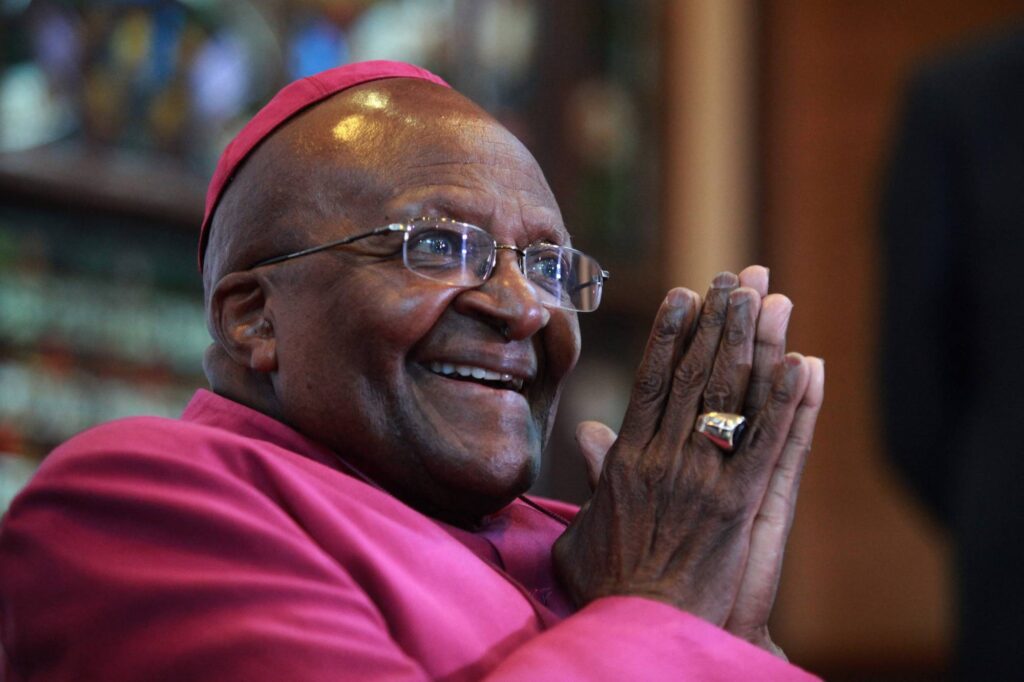
Desmond Tutu, the revered South African cleric and human rights activist, passed away in December 2021, leaving behind a legacy of advocating for justice, peace, and reconciliation. While he is widely known for his role in the struggle against apartheid, some have questioned whether Tutu supported the Palestinian cause during his lifetime.
Desmond Tutu, a Nobel Peace Prize laureate, was a prominent figure in the global fight for human rights. His tireless work in South Africa’s anti-apartheid movement and his subsequent efforts to promote peace and justice worldwide earned him international acclaim. However, his stance on the Israeli-Palestinian conflict has remained a topic of debate and scrutiny.
Tutu was an outspoken critic of the Israeli government’s treatment of Palestinians in the occupied territories. He often compared the situation in Palestine to the apartheid regime that he fought against in South Africa. Tutu’s condemnation of the Israeli government’s policies, such as settlement expansion and the construction of the separation barrier, drew the ire of some pro-Israel groups and individuals who criticized him for taking sides.
In 2010, Tutu co-authored an op-ed in The Guardian, where he, along with other prominent figures, including former U.S. President Jimmy Carter and former Irish President Mary Robinson, referred to the Israeli treatment of Palestinians as “apartheid.” The op-ed argued that the situation in Israel and the occupied territories required a response similar to the international boycott, divestment, and sanctions (BDS) movement that played a role in ending apartheid in South Africa.
Tutu’s support for the BDS movement sparked controversy and backlash from pro-Israel organizations and individuals, who argued that the analogy between the Israeli-Palestinian conflict and apartheid South Africa was inappropriate and one-sided. They accused Tutu of failing to acknowledge Israel’s security concerns and the complexities of the conflict.
However, Tutu’s supporters maintained that his stance was consistent with his lifelong commitment to human rights and justice. They argued that he was not anti-Israel but rather pro-peace and pro-justice for both Israelis and Palestinians. Tutu believed that a just resolution to the conflict required ending the occupation, recognizing the rights of both peoples, and fostering reconciliation.
Desmond Tutu’s legacy remains a source of inspiration for many in their ongoing pursuit of peace and justice. His outspoken criticism of Israeli policies toward the Palestinians reflects his unwavering dedication to human rights and his belief that justice should be blind to borders and politics. Whether one agrees or disagrees with his stance on the Israeli-Palestinian conflict, there is no doubt that Tutu’s commitment to justice has left an indelible mark on the world.
In the years following his passing, the debate surrounding Desmond Tutu’s position on the Israeli-Palestinian conflict continues, but his message of peace and justice resonates with those who strive for a resolution to one of the most enduring and contentious conflicts in the world.
